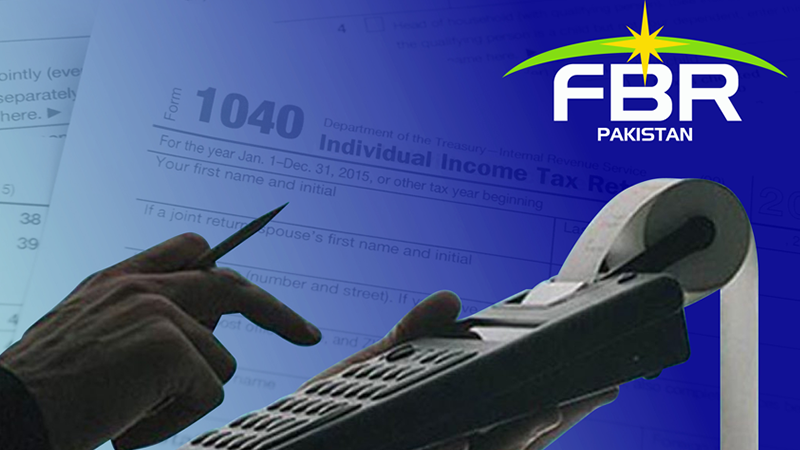In a decisive move aimed at enhancing tax compliance and broadening the tax base, the government has proposed a series of stringent measures in the FY2024-25 budget. These measures target individuals and businesses that fail to file income tax returns, potentially barring them from foreign travel and imposing severe financial penalties.
New measures to enforce tax compliance
Finance Minister Muhammad Aurangzeb, in his address to the National Assembly, highlighted the government’s commitment to increasing the tax base and improving the tax-to-GDP ratio. He emphasised that the proposed measures are part of a broader effort to digitise the economy and implement a progressive taxation regime where tax liabilities are aligned with income levels.
Amendments to Income Tax Ordinance
One of the significant amendments proposed in the finance bill involves Section 114B of the Income Tax Ordinance, 2001. This amendment would empower the Federal Board of Revenue (FBR) to prohibit non-filers from travelling abroad. Specifically, any Pakistani citizen required to file tax returns but who fails to do so may face a travel ban if the proposal is approved by parliament. Exceptions to this restriction include holders of National Identity Cards for Overseas Pakistanis, minors, and students.
Existing provisions already allow the FBR to disable SIM cards and disconnect electricity and gas services for non-filers. The proposed amendment adds another layer of enforcement to compel compliance.
Severe penalties for non-compliance
To ensure the implementation of these measures, a hefty penalty structure has been proposed. Agencies that fail to enforce the punitive actions could face fines starting at Rs100 million, with subsequent defiance leading to penalties increasing by Rs200 million each time.
Impact on traders and shopkeepers
The government is also focussing on traders and shopkeepers, particularly those who do not register under initiatives like the Tajir Dost Scheme. Under the new proposals, businesses that fail to register may be sealed, and shopkeepers or traders who neglect to register could face up to six months of imprisonment, fines, or both.
Increased advance tax for non-filers
Further tightening the noose around non-filers, the budget proposes increasing the advance tax on sales to distributors, dealers, and wholesalers. For non-filers, this tax is set to rise from 0.2 per cent to 2pc, while non-filer retailers would see their advance tax rate increase from 1pc to 2.5pc.
A push towards digital economy
Minister Aurangzeb reiterated that these measures are part of a broader strategy to digitise the economy, which includes creating a more efficient and transparent tax system. By leveraging digital tools and data, the government aims to ensure that taxes are more accurately assessed and collected based on individuals’ and businesses’ actual income levels.
